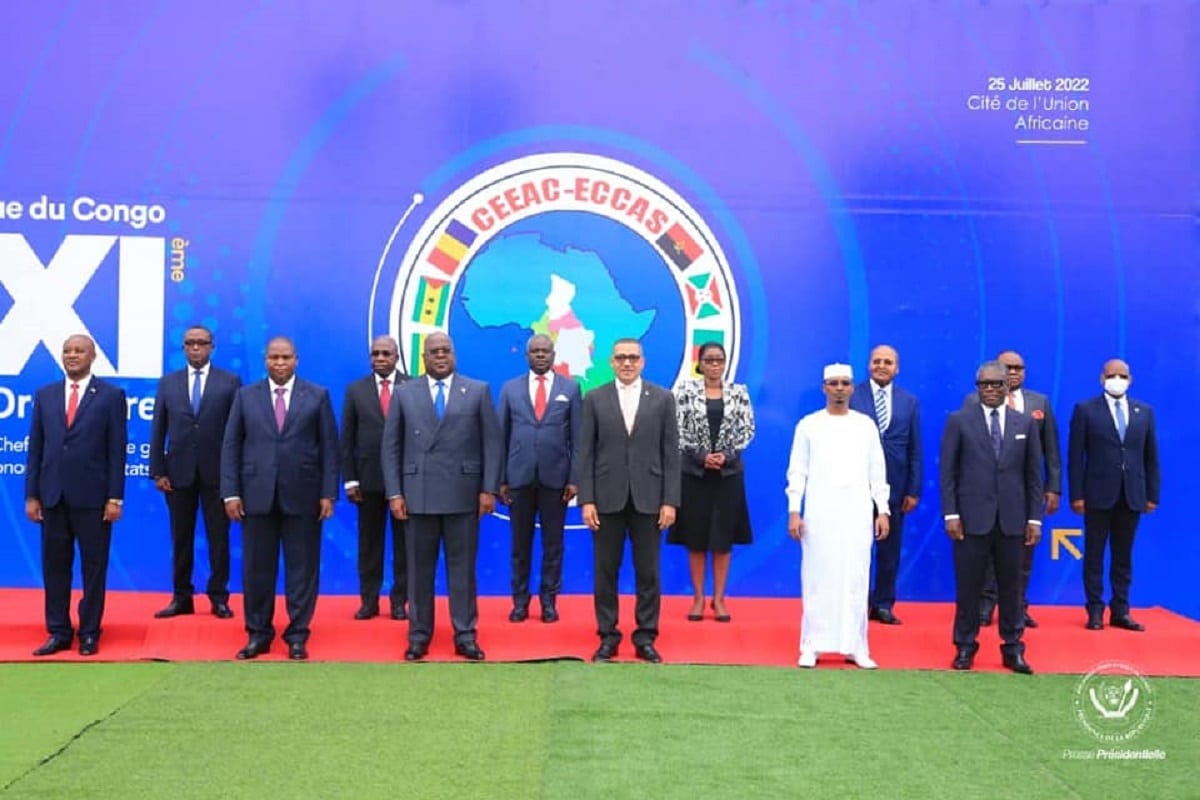Rwanda announces its withdrawal from ECCAS, denouncing interference from the DRC
At the 26th summit of the Economic Community of Central African States (ECCAS), Rwanda has officially announced its withdrawal, accusing the organization of violating its rights, following a maneuver led by the Democratic Republic of Congo (DRC).

SUMMARY
Moreover, Kigali is addressing the President of the African Union to file a complaint against the organization for contradicting its own principles.
Earlier on Sunday, at the end of a meeting of the heads of state and government from member countries in Malabo, ECCAS decided to extend Equatorial Guinea’s presidency by one year. It was Burundi and the Democratic Republic of the Congo (DRC) that opposed the transfer of the presidency to Rwanda. Notably, Kinshasa justifies its position by claiming that Kigali is involved in the terrorist activities of the March 23 Movement (M23) rebels.
The withdrawal coincides with the investigation into the alleged presence of Rwandan troops alongside M23 rebels in the east of the DRC, accused of having taken several major cities. The DRC and several international players believe that Rwanda is providing weapons and fighters, something Kigali vehemently denies, arguing a defensive deployment against threats from post-genocide Hutu militias.
Furthermore, ECCAS had called on Rwanda to withdraw its forces from the DRC — an action perceived by Kigali as a sign of injustice orchestrated by Kinshasa.
Geopolitical Repercussions
It’s difficult at this point to predict the exact consequences of Rwanda’s withdrawal as the timeline for the withdrawal — immediate or gradual — remains unclear. Nonetheless, this decision undermines the credibility of ECCAS, an organization created in the 1980s to strengthen security and economic cooperation among eleven countries.
It should be noted that against a backdrop of intense diplomatic negotiations, involving notably the African Union, the United States, Qatar, and Angola, Rwanda’s withdrawal reshapes regional alliances. Kigali seems to be turning more towards other platforms, such as the EAC (East African Cooperation) and COMESA, and also continues to strengthen its bilateral relations with the Gulf powers, Europe, and North America.


Comments